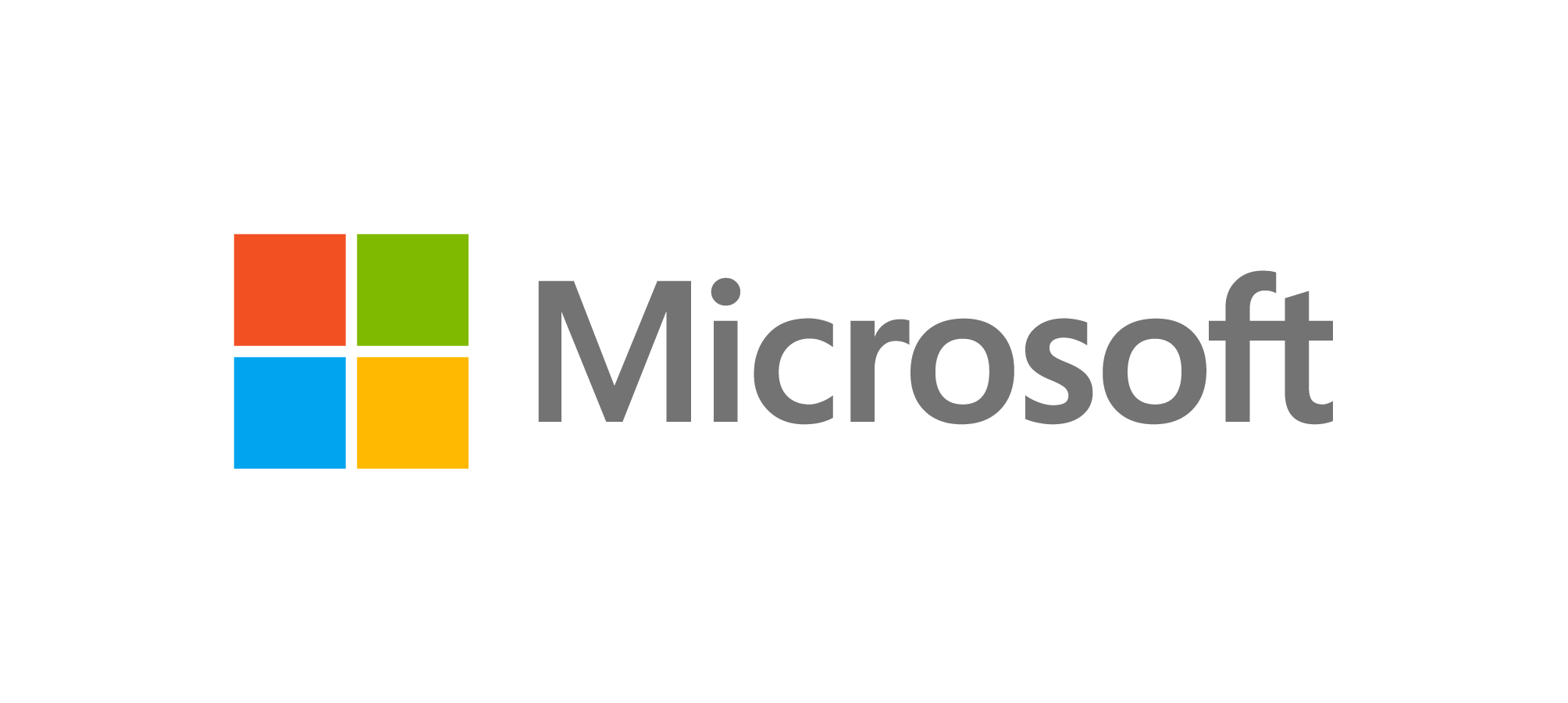Power up. From supercharging employee productivity and streamlining processes to inspiring innovation, Microsoft’s AI is designed to help you build the next big thing. No matter where you're starting, push what's possible and build your way with Azure's industry-leading AI. Check it out.
ChatGPT and its ilk seem to be taking on ever more work in modern offices.
A new survey from Gallup finds that AI use at work has been accelerating. Nearly one in five workers now say they use it a few times a week, and 8% of respondents report daily AI interactions. Both those numbers have essentially doubled from Gallup’s first measure in 2023.
But not all workers use AI equally. The surge is mostly among white-collar workers, for one; production and frontline staffers have actually seen a slight dip in usage over the past couple of years (from 11% to 9%). Sectors with the highest concentrations of workers frequently turning to AI included the tech industry (50%), professional services (34%), and finance (32%).
BYOAI: Like other surveys have shown, AI usage among employees has also continued to race ahead of employer planning and leadership on the tech. That can create security headaches and lead to a lack of consistent guidelines for workplaces.
While the number of organizations that have communicated a clear plan for integrating AI improved from 15% to 22% in the past year, “it’s still quite low,” according to Jim Harter, Gallup’s chief scientist of workplace management and well-being.
“[Organizations] need to be intentional about the planning process, about the training process,” Harter told Tech Brew. “They’ve got to have a plan about how it can best benefit their company and the jobs that they have, and how it can be a companion for efficiency’s sake in those jobs.”
No fear: Despite some ominous headlines about AI’s potential to reshape the job market, many of these workers are also notably not worried about being replaced by the technology. Only 15% of workers expect robots, automation, or AI to threaten their jobs in the next five years, a figure that remains unchanged from 2023.
Worries were slightly more pronounced in certain industries, however: 21% of tech workers and retail employees and 20% of finance workers think their jobs could be at risk in the same time frame.
“I think people are sort of embracing it as more of a companion, which probably is the right way to think about it right now,” Harter said. “We don’t know what direction it’s going and how quickly…and it probably will be quickly.”
AI job growth? Perhaps tech workers are right not to be overly worried at the moment. Another survey of tech C-suite leaders from Deloitte this week found that seven in 10 said they’re increasing headcount in tech as a response to generative AI. Around 45% said that GenAI prowess is urgently needed, and there are talent shortages and skill gaps around the technology.
The survey, which queried more than 620 senior tech leaders in the US this spring, found that AI might best augment in-demand skills like cybersecurity (56%), cloud orchestration (47%), and data science/analytics (39%).
“Businesses are rapidly pivoting from AI as experimental to an engine for transformation and innovation. In organizations where the C-suite leads the shift, more value can be realized,” Ranjit Bawa, Deloitte’s US chief strategy and technology officer, said in the report.


